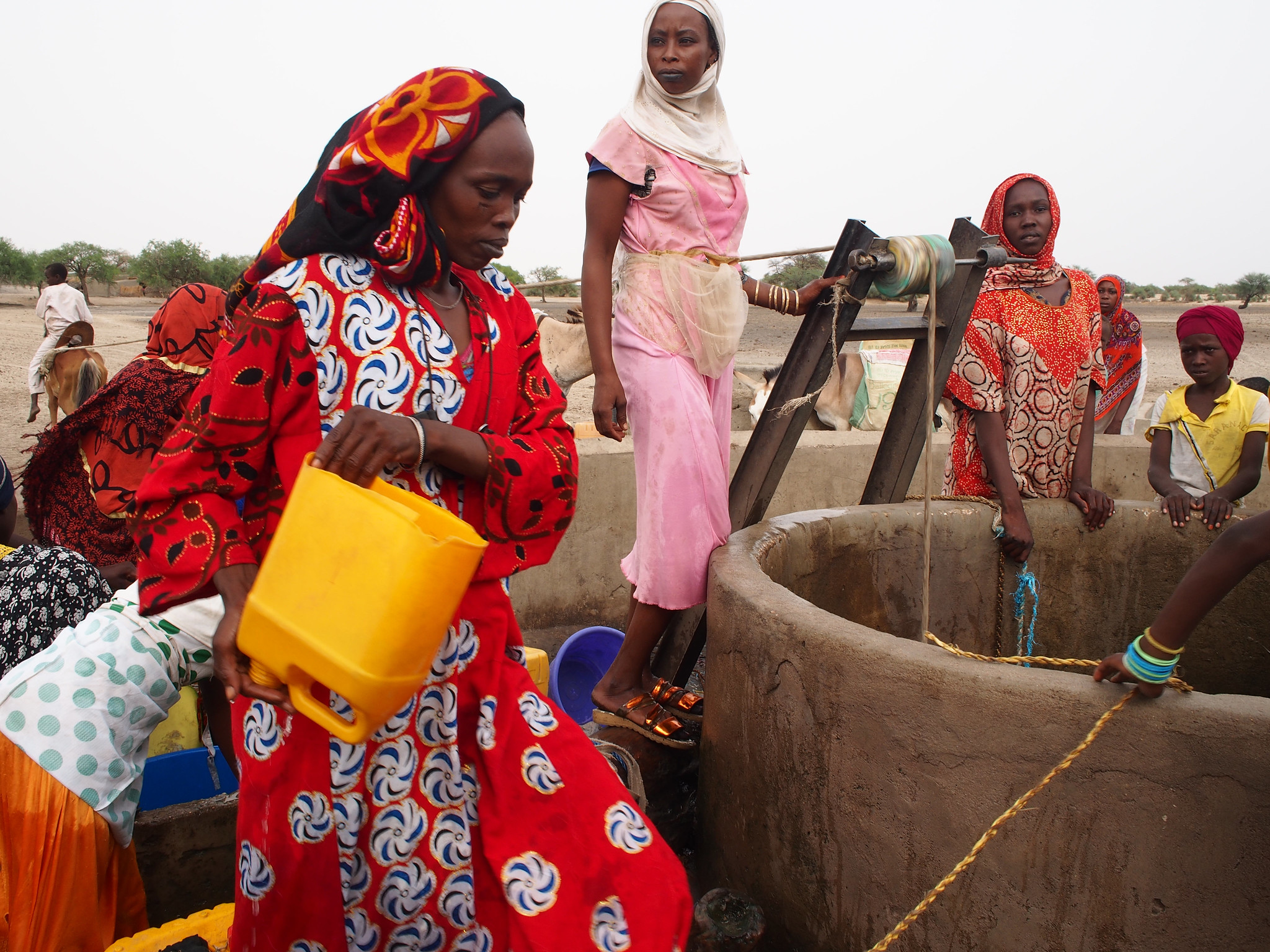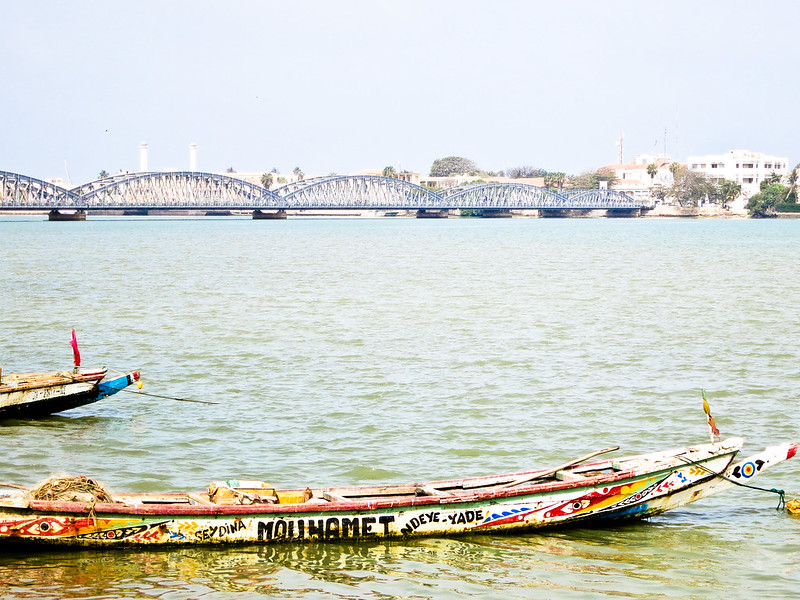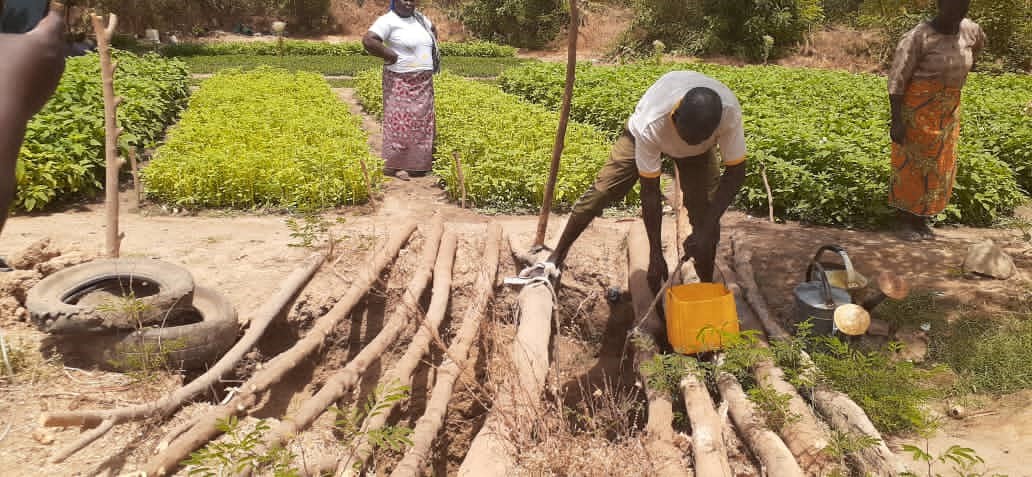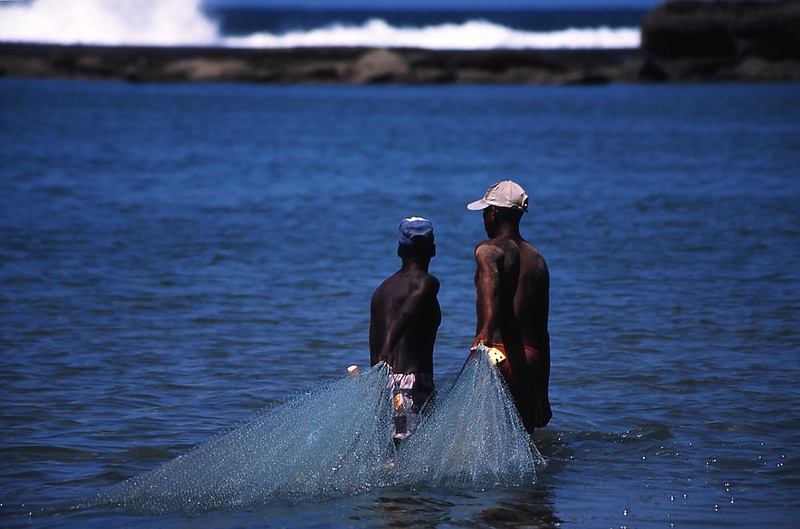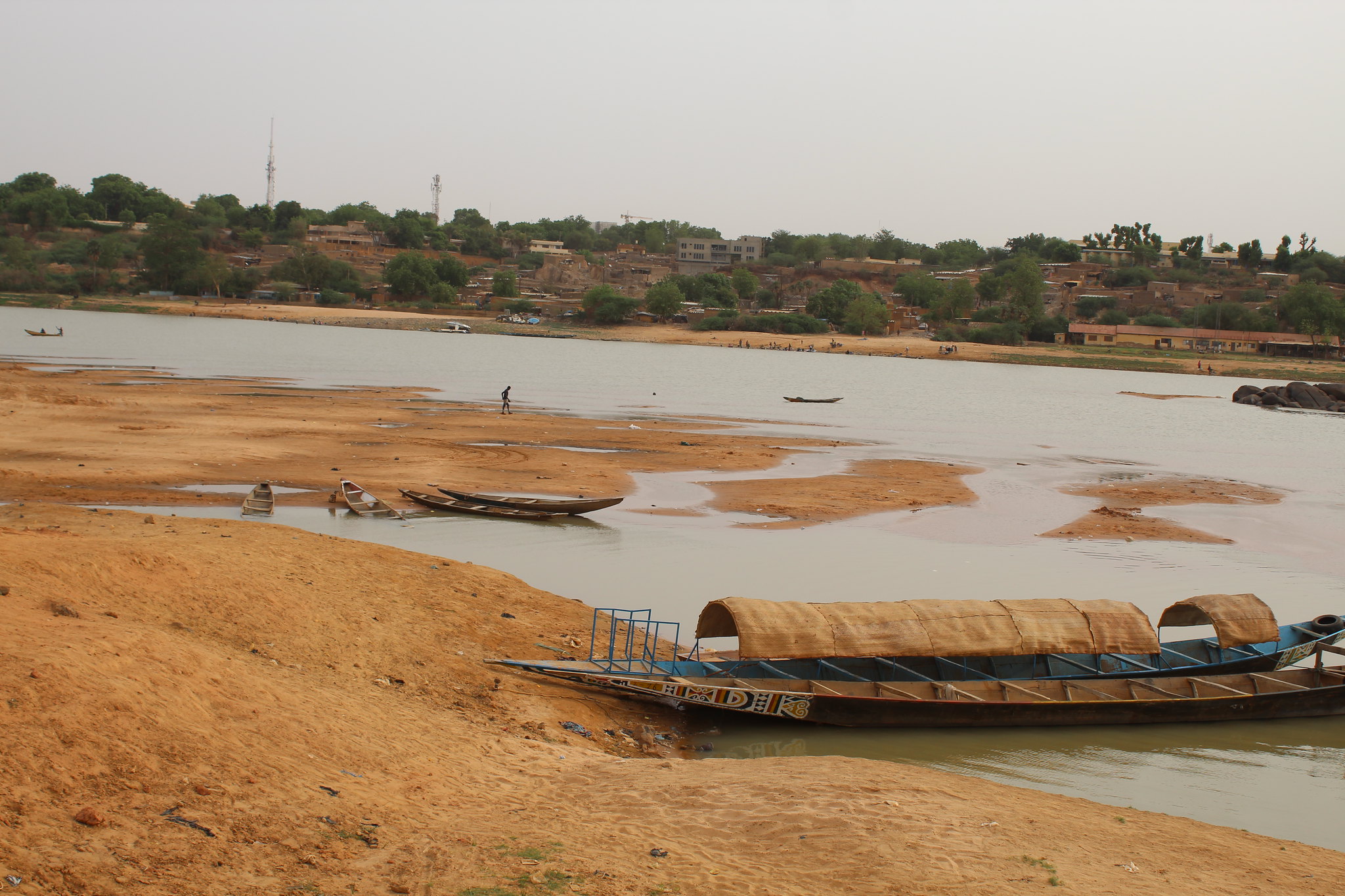Nouakchott Table Ronde: Meet Valérie Plagnes (in French)
Posted in : Videos on 4 March 2022
Valérie Plagnes of the Sorbonne-University of Paris says, “African women still face difficulties in landing employment and research opportunities within the water field. But now with this affirmative action in development, this will help them.”
The integrated problemshed: a solution for water security in the G5 Sahel
Posted in : Blog on 3 March 2022
In the Sahel, where most bodies of water cross national borders, water is both a fundamental constraint and an integrator for development.
Reflecting on 20 years of transboundary water engagement in Western Africa: impacts and lessons learned
Posted in : Blog on 1 March 2022
This blog examines the World Bank’s 20-year engagement in the Western Africa region to suggest new directions for water resources management and development.
Elevating groundwater knowledge, exploration capacity, and resources development in the Sahel region of West Africa
Posted in : Blog on 9 December 2021
In this interview, team leaders François Bertone and Mariam Sou discuss the key components of the Sahel Groundwater Initiative.
Promoting collaboration for harnessing Lake Chad’s potential
Posted in : Videos on 23 February 2021
CIWA is supporting the Lake Chad Basin Commission’s endeavor to encourage cooperation and talks among the countries sharing the Lake and prioritize actions to mitigate poverty and enhance lives of its inhabitants for bringing peace and stability in the region.
A comprehensive understanding of water resources helps manage and preserve Lake Chad
Posted in : Blog on 23 February 2021
Lake Chad is the fourth largest lake in Africa. This rich, tropical Lake with its related wetlands is shared by Cameroon, Chad, Niger, and Nigeria.
Enhancing Niger Basin’s ecosystem through modeling and improved decision making
Posted in : Blog on 13 September 2020
The Niger River – a source of life and hope – can be destructive if not properly managed. The recent floods in Niger and Mali show that it can have damaging consequences, especially on the communities living on the edge of the river.



